That was the information discussed by speakers at the talk show "No barriers, no limits" organized by the Academy of Journalism and Communication, Faculty of Sociology and Development in collaboration with the Hanoi Association of People with Disabilities (DP Hanoi), on the afternoon of April 4.
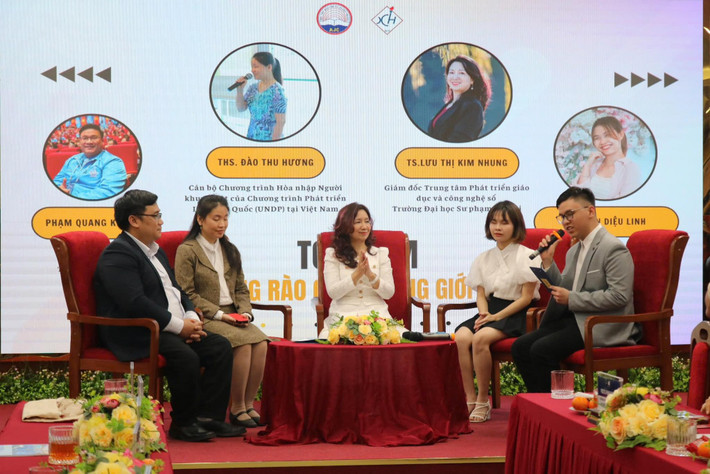
In her opening speech, Associate Professor Dr. Pham Huong Tra, Head of the Department of Sociology and Development, Academy of Journalism and Communication, said that according to statistics from the Center for Disability and Development in 2017, in Vietnam there are about 6.1 million people with disabilities in the form of mobility disabilities, visual impairment, hearing impairment, accounting for about 7.8% of the population. Of these, the percentage of people with disabilities who can read and write between the ages of 16-24 accounts for 69.1%; only 0.1% of people with disabilities attend college or university.
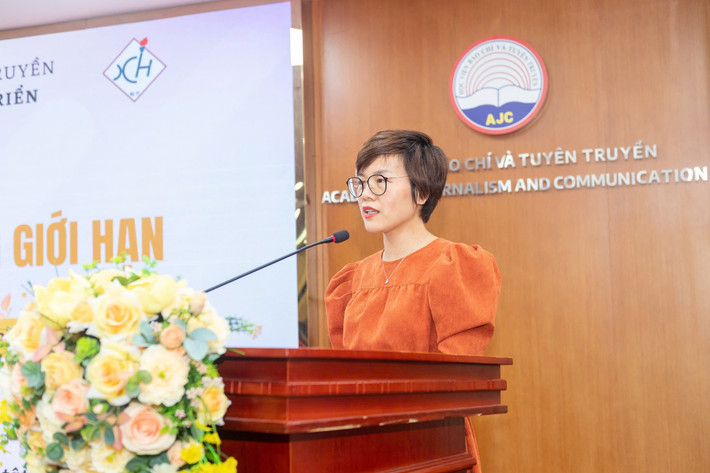
Associate Professor, Dr. Pham Huong Tra, Head of the Department of Sociology and Development, Academy of Journalism and Communication, delivered the opening speech.
The reality of access to education in general and access to higher education opportunities for people with disabilities is still very limited. The reasons for the difficulty in accessing education for people with disabilities come from many aspects, including family, society and themselves. Information on enrollment in regular schools for students with disabilities has not been given attention and disseminated to students and their families.
Recognizing the current challenges in accessing higher education for Youth with Disabilities today, the Faculty of Sociology and Development organizes a discussion aimed at creating a space for sharing, raising awareness and action on the goal of equal education.
Journey of knowledge - Opportunities and challenges
Speaking at the program, Ms. Dao Thu Huong, an officer of the Disability Integration Program of the United Nations Development Program (UNDP) in Vietnam, said that her journey to access education was fortunate to have her family by her side, encouraging her to study. And when she entered university, she received special support and assistance from Hanoi National University of Education.
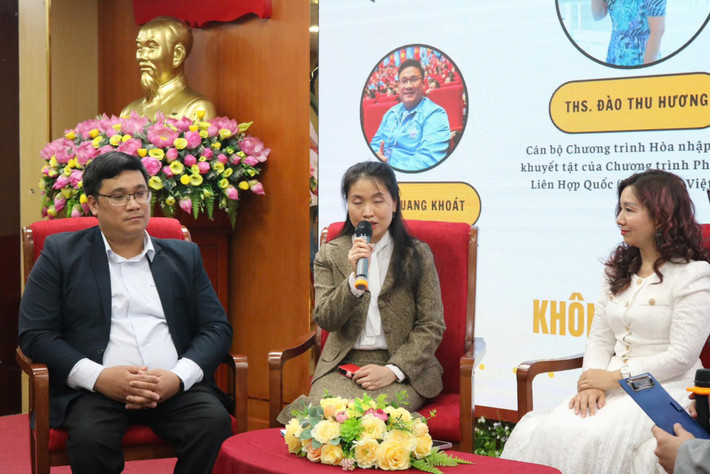
After graduating, Ms. Dao Thu Huong accepted a job as an interpreter at a non-governmental organization. After a period of working, she realized that if she continued to only interpret English, it would be difficult to support people with disabilities and vulnerable groups in life.
"Therefore, I decided to further my studies by applying for an Australian Government scholarship, majoring in International Community Development at Victoria University (Melbourne, Australia) for 2 years. That was the premise to help me improve my capacity, receive international projects and gradually approach comprehensive care and development for people with disabilities," shared Ms. Dao Thu Huong.
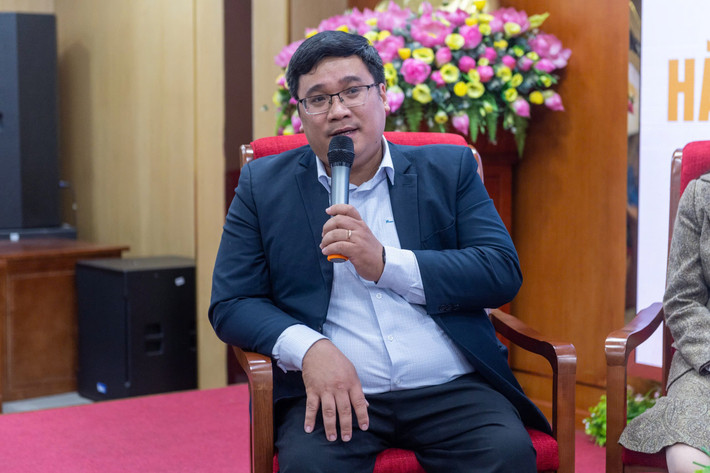
Mr. Pham Quang Khoat, Vice President of the Hanoi Association of the Disabled, shared about the barriers he faced when accessing education. One of the difficulties is that information about enrollment in regular schools for disabled students has not been given attention and disseminated to students and their families. Many disabled students, due to lack of access to information, have missed out on opportunities to study and enter their desired universities.
Another reality is that school facilities do not meet or suit each type of disability of people with disabilities.
"In college, my classroom was on the 5th floor of the school. Because my legs couldn't walk, to get to class, I had to ask my friends to carry my legs from the 1st floor to the 5th floor, and it continued like that throughout my student years," Anh Khoat recounted.
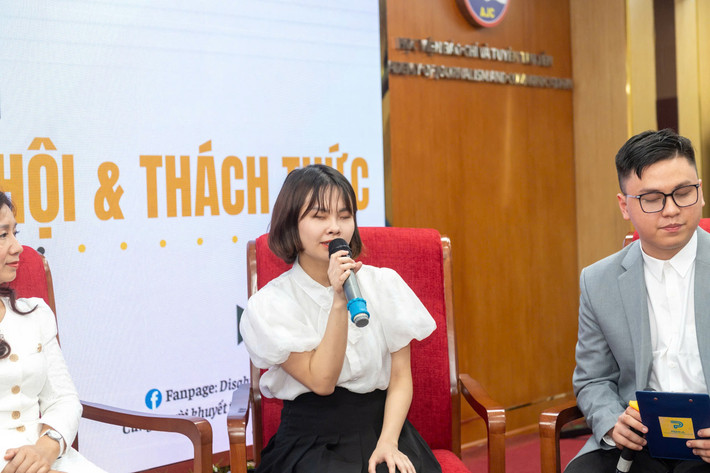
Nguyen Dieu Linh - Student of Public Relations and Event Organization, Vietnam Youth Academy said that as society develops, the policy system on education for people with disabilities is increasingly being improved. Today's generations of students with disabilities no longer face many barriers in society, education and rights are increasingly guaranteed.
However, besides the positive aspects, there are still many limitations. The biggest limitation for visually impaired students like Dieu Linh is that it is not easy to update information, learning requirements and school regulations, because there is no appropriate support system.
" To not miss the content, I often go to the training room to ask teachers to disseminate and answer questions. I hope that universities will update new methods so that disabled students can easily access information like everyone else," Dieu Linh confided.
To integrate people with disabilities into the community
At the panel discussion, speakers shared stories and insights into the barriers facing youth with disabilities, as well as practical solutions to promote an equitable and inclusive educational environment.
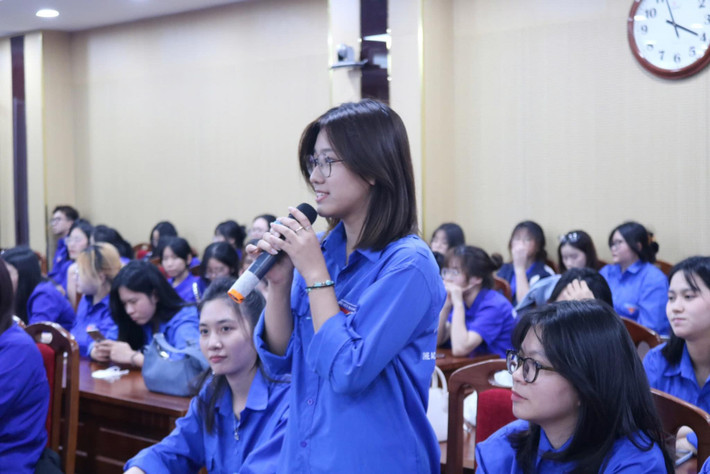
Mr. Pham Quang Khoat, Vice President of the Hanoi Association of the Disabled, said that to overcome all barriers, people with disabilities must break down their own cognitive limitations. Their introverted and self-conscious mentality makes them hesitant to speak up, not daring to express their difficulties or proactively propose necessary needs. Therefore, changing their mindset, improving their confidence and proactively connecting are important factors for people with disabilities to integrate and develop in society.
Mr. Khoat gave an example of his own story. He used to feel inferior because he did not have legs like normal people, but the kindness and generosity of his friends and people around him helped him erase the distance, connect and share more.
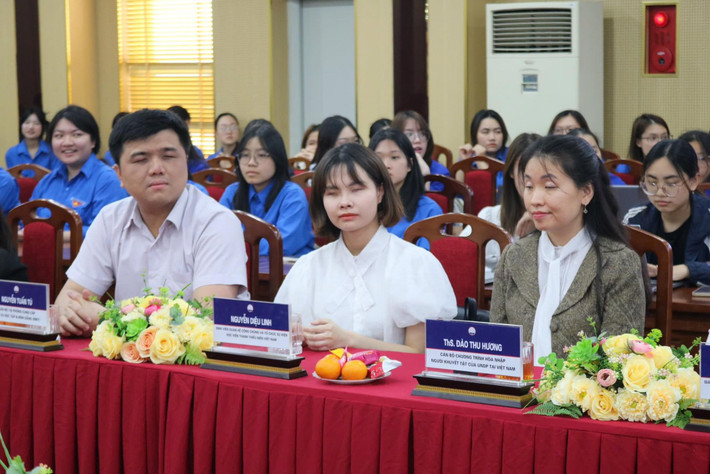
According to Master Dao Thu Huong, to help people with disabilities overcome the psychological "black hole", they need to be seen as important members, contributing to the overall development of society. In other words, people with disabilities need to be guaranteed equal rights as normal people.
Currently, Vietnamese laws such as the Law on Education and the Law on Children clearly stipulate the right to education for people with disabilities. Or Circular 03 of 2018 guiding the policy of inclusive education, requiring schools to create a friendly environment, have support centers and improve the capacity of teachers in educating special subjects.
In addition, Vietnam has been implementing international goals on sustainable development (SDG17), vision to 2030 on the goal of equality in education, especially for disadvantaged and vulnerable groups.
According to Ms. Huong, although many policies have been issued, to implement them, it is necessary to have a dedicated team to put the regulations into practice. When there is the support of the community, organizations, and people with disabilities, equal opportunities will be realized. From there, people with disabilities will have more opportunities to access education, employment, and social services in a fair manner.
Source: https://daibieunhandan.vn/xoa-bo-rao-can-giup-nguoi-khuet-tat-tiep-can-giao-duc-binh-dang-post409413.html



![[Photo] Prime Minister Pham Minh Chinh chairs a special Government meeting on the arrangement of administrative units at all levels.](https://vphoto.vietnam.vn/thumb/1200x675/vietnam/resource/IMAGE/2025/5/9/6a22e6a997424870abfb39817bb9bb6c)


![[Photo] Magical moment of double five-colored clouds on Ba Den mountain on the day of the Buddha's relic procession](https://vphoto.vietnam.vn/thumb/1200x675/vietnam/resource/IMAGE/2025/5/9/7a710556965c413397f9e38ac9708d2f)

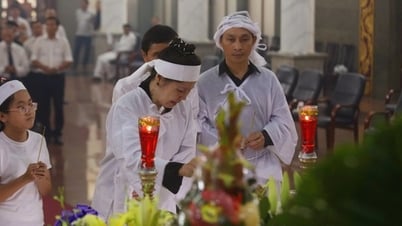
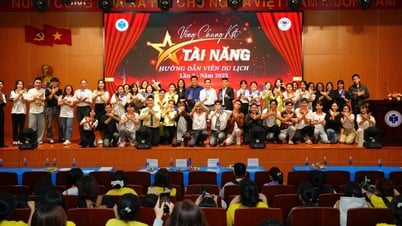
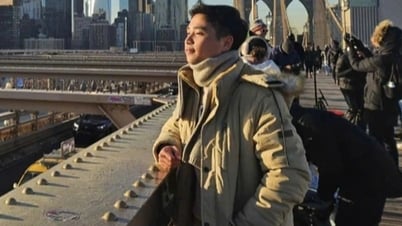

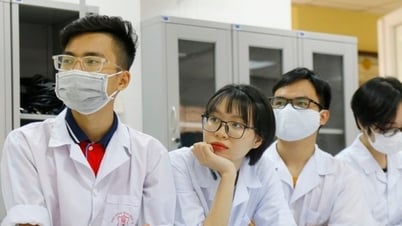
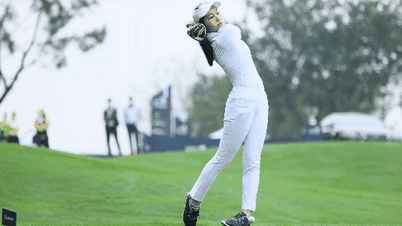









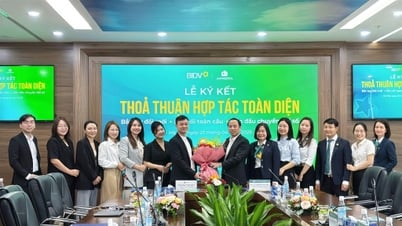
![[Photo] Russian military power on display at parade celebrating 80 years of victory over fascism](https://vphoto.vietnam.vn/thumb/1200x675/vietnam/resource/IMAGE/2025/5/9/ce054c3a71b74b1da3be310973aebcfd)
![[Photo] General Secretary To Lam and international leaders attend the parade celebrating the 80th anniversary of the victory over fascism in Russia](https://vphoto.vietnam.vn/thumb/1200x675/vietnam/resource/IMAGE/2025/5/9/4ec77ed7629a45c79d6e8aa952f20dd3)































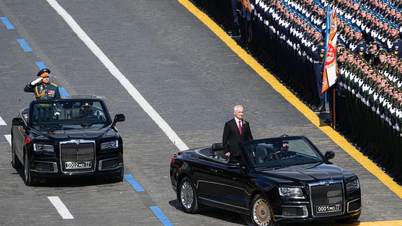

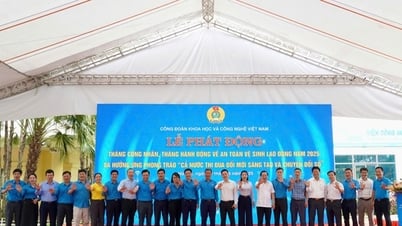

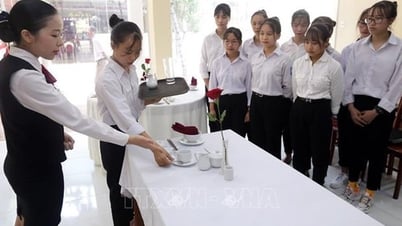

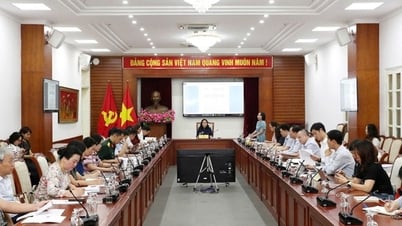

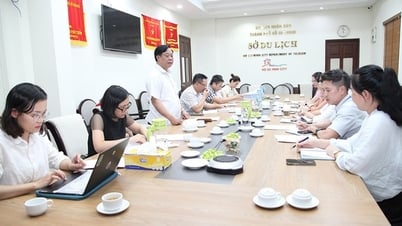
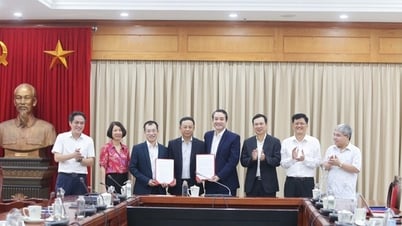




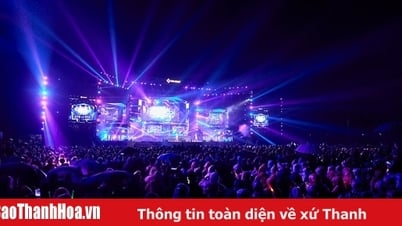

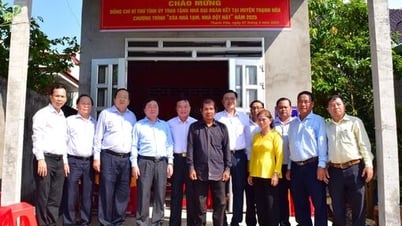

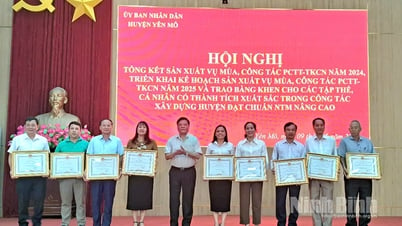













Comment (0)